BALTIMORE, MD – Maryland Zoo today announced that, thanks to early detection and intensive therapy, its 15 year-old African bull elephant, Samson, has survived an episode of a strain of the Elephant Endotheliotropic Herpesvirus (EEHV6). This same animal survived a different strain of this same virus (EEHV3b) when he was 5 years-old and was the first elephant clinically diagnosed with that strain at the time.
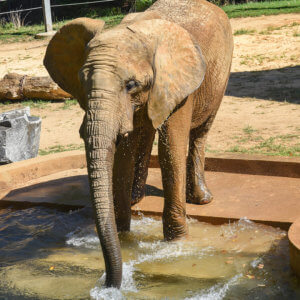
The potentially deadly virus was found during routine blood testing that the Zoo collects on its elephants.The blood PCR work is performed at the Smithsonian’s National Elephant Herpesvirus Laboratory, which specializes in testing for this serious infection in Asian and African elephants.
As soon as an infection with the virus was confirmed on October 10th, the elephant care and veterinary teams began around-the-clock intensive treatments, which included a plasma transfusion from another elephant in the Zoo’s herd that is believed to have antibodies to this particular strain.
Because of the life-threatening severity of EEHV, Maryland Zoo has a standing operating procedure to be ready should a case arise. In addition to staff training and expertise, the Zoo keeps four days’ worth of the necessary antiviral medicines stocked at all times so it can begin treatment at the first clinical signs or positive test results.
Those procedures were effective in treating Samson.
Since detection, he has outwardly shown mostly mild signs of generalized disease, but his bloodwork revealed just how severe the infection became.
After several weeks of intense treatment, the bloodwork now shows improved blood cell counts and reduced viral loads, signs that the infection is waning.
“EEHV is a highly fatal disease that progresses rapidly and affects blood vessels throughout the body, causing severe hemorrhagic disease,” said Dr. Ellen Bronson, Sr. Director of Animal Health, Conservation & Research at the Maryland Zoo. “That’s why regular blood testing and preparedness are so important.”
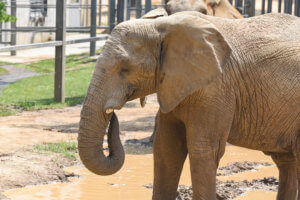
“Our elephant and medical teams are highly trained so that, should the time ever come, they are prepared to work together around the clock to provide the necessary therapy,” said Margaret Rose-Innes, General Curator at the Maryland Zoo.
EEHV is naturally occurring in both wild elephants and those in human care. It is believed that most elephants live with one or more strains and periodically shed the virus in body secretions.
There are currently seven main known strains of this elephant virus, four of which typically affect African elephants, with other strains affecting Asian elephants. The disease in African elephants is less common and less studied.
The strain that infected Samson, EEHV6, has only affected a few African elephants to date. Maryland Zoo officials have been in constant contact with leading EEHV experts to discuss his case and share observations. It is also sharing blood samples and trunk washes that add to the body of knowledge and, ultimately, may lead to improved diagnostics and treatment for this disease.

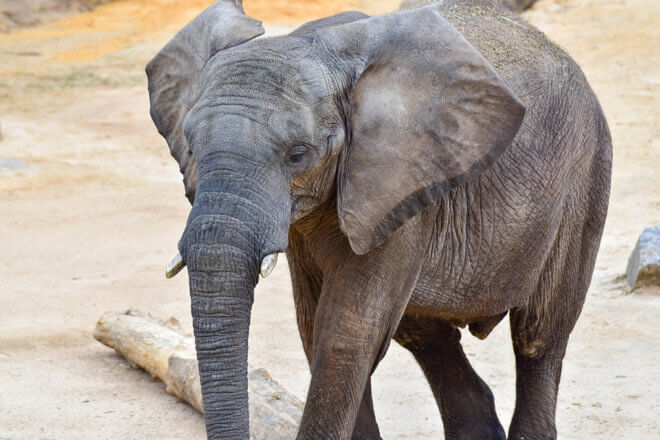
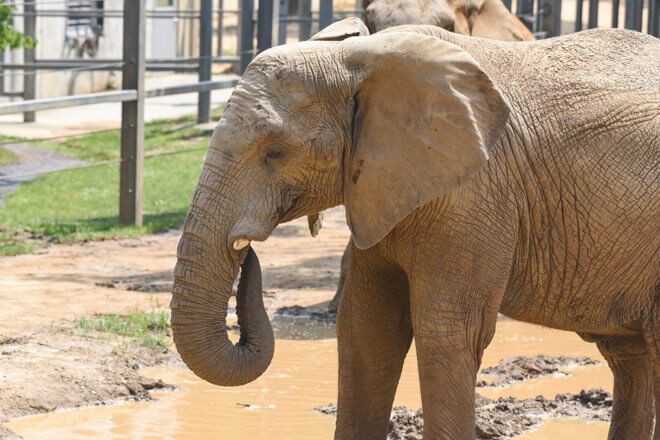
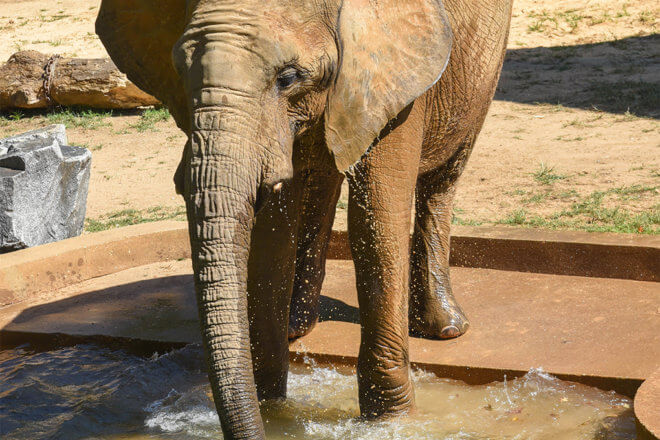
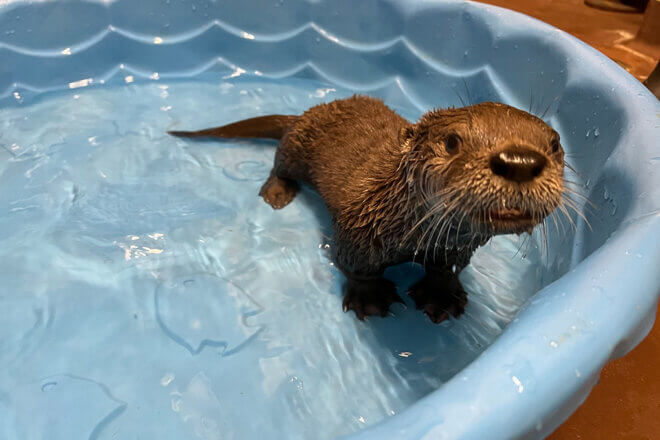



Share this article